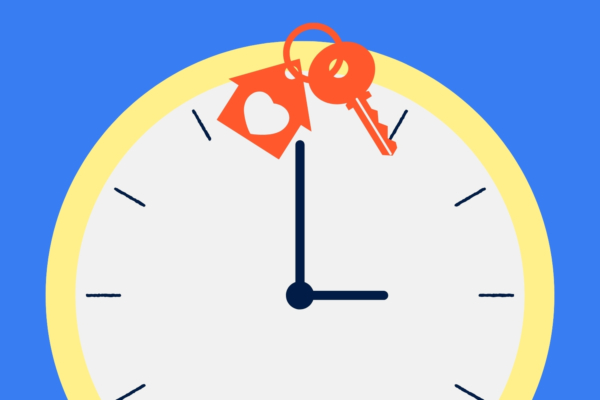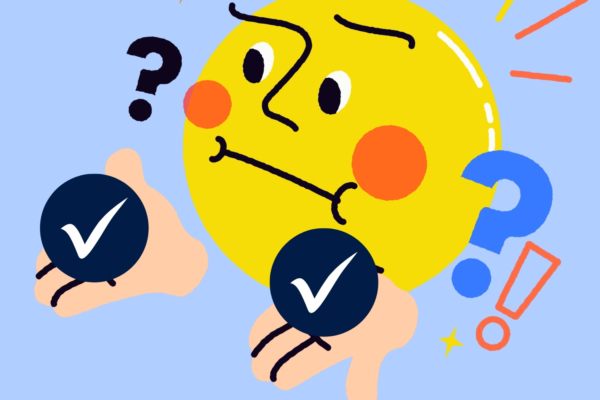
What Is Wholesale Lending?
Whether it’s your first time buying a house or you’re hard at work on your housing empire, you may be surprised by the number of available home financing options. Not only is there a long list of different types of mortgages, but there are also a variety of lender options, including one type you might not have heard of before— wholesale lenders.
Wholesale banking typically refers to the banking that goes on between financial institutions and merchant banks. Similarly, wholesale lending allows individual home buyers to take advantage of discounted prices that these wholesale lenders offer.
We’re here to show you the ins and outs of wholesale lending, how you can find a wholesale mortgage, and whether or not this option is a good fit for you.
What Is Wholesale Lending?
Mortgages can be made through two different types of channels: wholesale and retail. Most people are already familiar with traditional retail loans. These are loans that come from a lender and are handled in-house with the same financial institution. Borrowers apply for the loan from that lender, and if they are approved, that same lender cuts them the check.
Think of these as your typical bank mortgage that you may apply to—you submit your application at the bank, get approved, and pay that same bank back.
Wholesale loans, on the other hand, come from a bank or institution but do not deal directly with consumers. These types of loans start when a lender has a pool of money that they want to make into mortgages. But instead of lending it to borrowers themselves, they offer their loans only through third parties, whether it be a mortgage broker, another credit union, or a bank. The wholesale lender’s name will appear on all the documents and may even service the loan.
The wholesale lender will lay out the terms on which they want their money loaned out and let the third parties know. Then it’s up to third-party brokers, credit unions, and banks to match the borrowers to the loan. Typically after closing, a wholesale lender will sell their loans on the secondary market. Their capital is then refreshed, and the lender then has the funds to make more loans.
Where Can You Find a Wholesale Mortgage?
Since wholesale lenders don’t deal with consumers, you can’t just walk up and apply for a wholesale loan. You’ll need to find a third party that offers these types of loans. Most often, your best bet is to contact a mortgage broker in your area.
Mortgage brokers are third-party intermediaries who aren’t employed by a financial institution. These independent contractors wear several hats in the lending process, but one of their main jobs is to search around for the best rates and terms for borrowers and act as a middleman between lenders and borrowers.
Since mortgage brokers have many contacts out in the finance world, they can quickly find loan terms across multiple lenders, saving the borrower the time and effort it takes to comparison shop. Most have relationships with many wholesale lenders so that they can find some of the best rates around.
Brokers will find the customer, help them through the application process, and submit all of the necessary paperwork to the wholesale lender for approval. Once the loan is approved, the wholesale lender will issue the funds. Credit unions and banks can also offer wholesale mortgages. If you don’t go through a mortgage broker, you can always shop around for wholesale loans through these institutions that are accessible to borrowers.
What Are the Advantages and Disadvantages of Wholesale Mortgages?
Like any form of financing, wholesale loans come with a unique set of advantages and disadvantages.
Advantages
Looser Lending Requirements. Many times, wholesale lenders will have looser lending requirements compared to loans handled entirely in-house.
Brokers May Be Easier to Find. If lenders are sparse in your area, it might be easier to find the mortgage your need through a wholesale channel. Since a mortgage broker has many contacts that they regularly deal with, they can usually find you a wholesale mortgage, even if the lender isn’t located where you are.
Lower Rates. Lower rates are not a guarantee, but one big draw of wholesale loans is their competitive rates.
Disadvantages
You don’t work directly with the lender. Some may see this as a benefit, but not having direct contact with your lender may cause a few headaches. Keep in mind that any questions or concerns have to be filtered through the broker or another third party. Because the borrower doesn’t have contact with the lender, communication can be a little slower at times.
There may be additional fees. Just because rates may be lower doesn’t necessarily mean that you’ll end up paying less. Because you obtain a wholesale loan through a third party, you must also consider the cost of their compensation and similar additional fees. A mortgage broker will add his fee on top of the wholesale mortgage rate, so even if the initial interest rates are lower, you may actually pay more in the long run because of these costs.
Should a Homebuyer Use a Wholesale Lender to Finance Their Home?
There is no definitive answer whether a wholesale lender is better than a traditional retail lender. Ultimately, that is a decision that is up to the borrower and depends on the individual’s unique financial situation. Whether you use a mortgage broker to find the best rates or do all the digging on your own, it’s always a good idea to do some research regardless.
Check up on rates from a few banks to ensure your mortgage broker is doing their due diligence. Because wholesale rates may not actually be cheaper, check with direct lenders to compare. Having a financial institution that you can trust and rely on can make the process a lot easier. If you already have a relationship with your credit union or bank, they can likely work with your specific situation or at least guide you in the right direction.
Explore Our Mortgage Products
Visit Amplify Credit Union’s Mortgage Overview page for more information.

